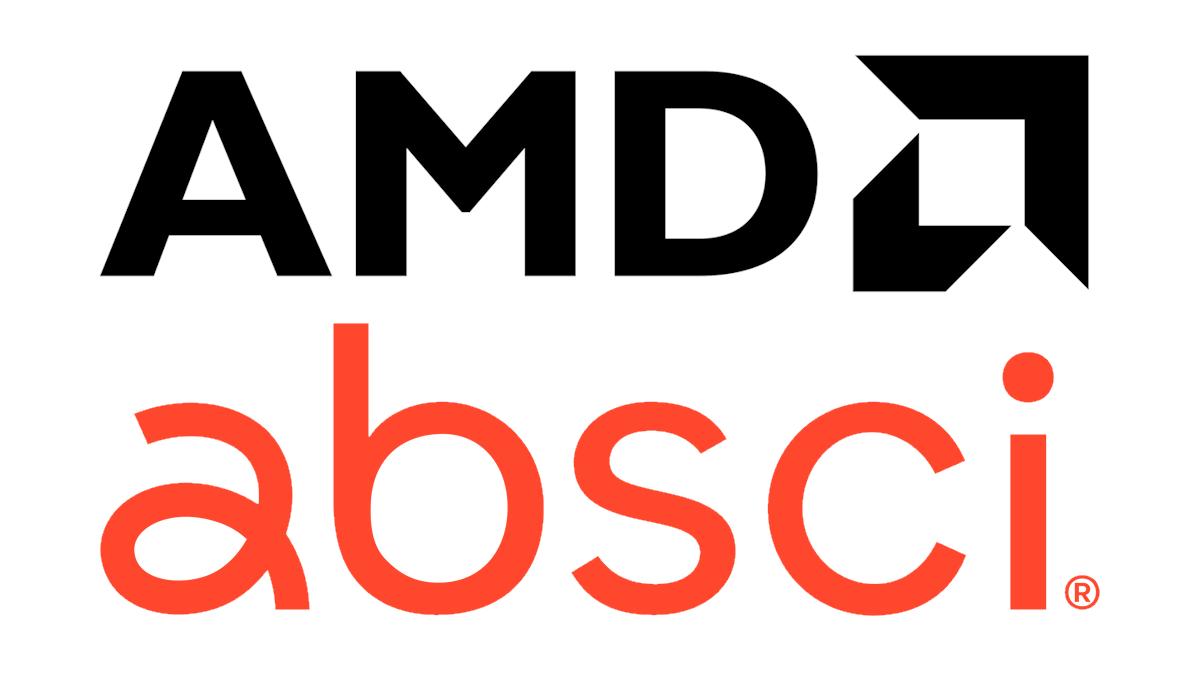AMD shadows NVIDIA with a move into AI drug discovery

Chipmaker Advanced Micro Devices (AMD) has followed in the footsteps of its arch-rival NVIDIA and started to build a presence in artificial intelligence-powered drug discovery – starting with a $20 million investment in Absci.
The stake comes alongside an agreement for Vancouver, Washington-based Absci to use AMD chips and software to power its drug discovery workloads, including a biologic drug design platform using generative AI (GenAI) that has attracted alliances with AstraZeneca, MSD, and Almirall.
AMD has been considerably less active in the pharma space than NVIDIA, which started its healthcare practice well over a decade ago and has its own GenAI platform – called BioNeMo – for drug discovery applications, which launched in 2022.
NVIDIA has been ramping up its presence of late, signing a wide-ranging alliance with Genentech in 2023 – focused on developing and refining the Roche subsidiary's 'lab-in-a-loop' concept – that has been followed by a series of partnerships with other biotechs operating at the interface between biology and computation.
In a statement, AMD said its investment in Absci underscores "the growing demand for innovative AI applications in drug discovery" and will support the company's mission to create "better biologics for patients, faster by providing optimised AI solutions for complex biological modelling that offer exceptional performance, reduced infrastructure costs, and faster innovation cycles."
With AZ, for example, Absci has been working on the discovery of a new antibody-based drug against an undisclosed cancer target, deploying AI to design a candidate with improved properties, such as target affinity, safety, and ease of manufacture.
The company's Integrated Drug Creation platform uses proprietary wet-lab assays generating billions of protein-protein interaction data points to train machine learning (ML) models that can create novel designs for antibodies and other biologic drugs.
It can screen billions of cells per week, allowing researchers to go from an AI design to a wet lab-validated candidate in as little as six weeks, according to Absci.
"Absci's groundbreaking work in AI drug discovery is a perfect fit for AMD high-performance computing solutions and software, designed for the most demanding AI workloads," commented Mark Papermaster, AMD's chief technology officer.
Absci's chief executive, Sean McClain, said more details about the alliance would be disclosed at the JPMorgan healthcare conference, which is due to start in San Francisco next Monday.
"AMD high-performance compute will enable us to further the development of next-generation antibody therapeutics, and we are excited about the potential that this partnership holds to accelerate the future of drug discovery," he remarked.












